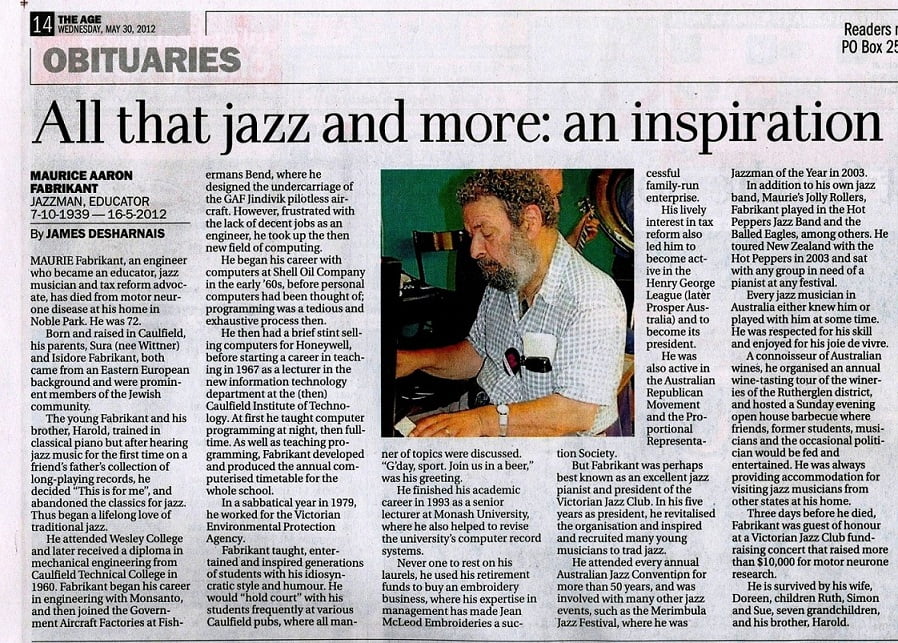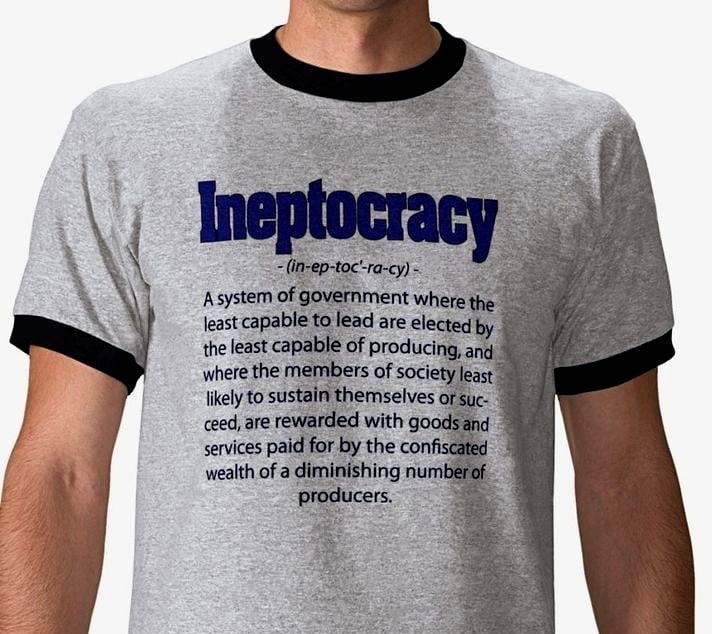TV regularly exposes the crooked scams worked on Centrelink welfare payments. Being taxpayers, most people are happy to see the perpetrators brought to justice.
I was happy then to have been asked to speak at Sharon Firebrace’s novelly named “War On Corporate Welfare” at the Darebin Intercultural Centre yesterday.
Why hasn’t the theft of $500 billion in publicly-generated land and resource rents—some 40% of Australia’s GDP (certainly not the 1% claimed in economics’ textbooks!)—ever rated a mention on TV, I wondered? After all, it’s the issue that’s currently brought the financial world to its knees.
I suggested to the audience that if economists understood The Theory of Valuation—amongst other things, that the value of land is the capitalisation of its privatised rent—they’d know a vacant parcel with a net annual value of $16,000, when yields are showing 4% net, will sell on the market for $400,000 (i.e. $16,000 pa x 100/4).
On the other hand, if the government were to abolish the 125 damaging taxes recommended by the Henry Tax Review and capture back half the $16,000 rental value community and local infrastructure and services contribute, the same piece of land would sell for only $200,000 – all other things being equal. (i.e. $8,000 pa x 100/4).
Yes, supply and demand and zoning are relevant, but very secondary, considerations to the extent of privatised rent a site yields. Why do we allow this public rent to be privatised?
We’ve obviously ignored, at a great cost to society, that the rental value of land and resources is owed back, equally, to all of us, I suggested. There’s a vast fraud involved here.
In the early days, we used to capture our rents. Not now. There’s only part of municipal revenue and some state land taxes left. The rent-seekers have done well for themselves gradually removing land-based revenues by making the exception the rule: “What about the poor widow?” [Her payments can be deferred til she dies; alternatively, she can pay her land rent out of her universal basic income!]
Society has gone backwards by choosing to ignore the truism that the rent of land and natural resources is sufficient to replace all taxation in Australia and still deliver a universal basic income to every citizen.
So now, we are taxed on our earnings and our productivity, and, as economies grind to a halt, the big corporate fraudsters, property speculators, mining magnates and banks continue to steal and grow fat upon our publicly-generated land rents: I repeat, $500 billion annually. Most of the big corporates get a big slice of this rent. Once we used to own our natural rent-bearing monopolies, our power, gas, telephony, highways, airports, etc. Not now. We’ve sold them off, handing this largesse to private companies.
Incredibly, 3AW’s Neil Mitchell, the IPA, the Liberal Party and The Daily Reckoning can’t see anything at all wrong with Gina Rinehart and Clive Palmer keeping these ‘super profits’ that are our rents.
Belatedly, the Labor Party is now beginning to.
And so can I – it’s called theft, guys, and it amounts to a crime against humanity!
 OK, great, Wayne Swan and Co., the March quarter GDP increase of 1.3% gives us a surprisingly good 4.3% annualised growth rate.
OK, great, Wayne Swan and Co., the March quarter GDP increase of 1.3% gives us a surprisingly good 4.3% annualised growth rate.







